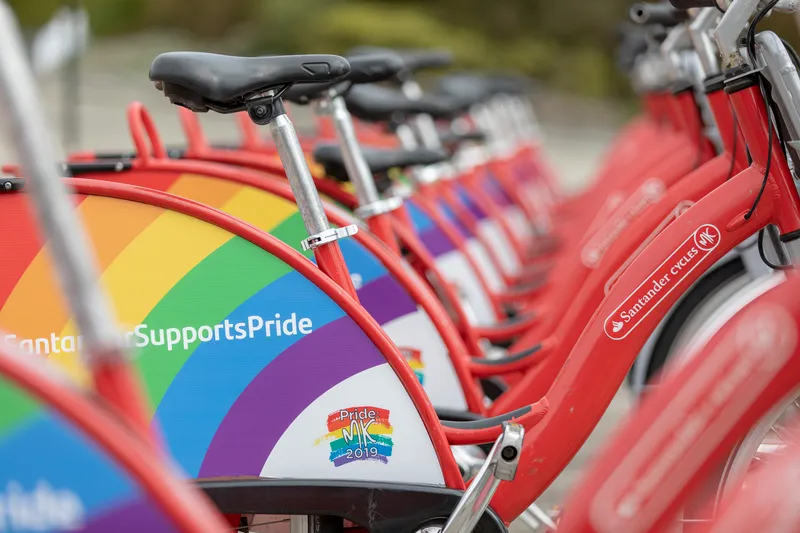MOIA, the mobility arm of the Volkswagen Group (VW), and Hamburger Hochbahn (Hochbahn) are jointly working on the development of a new and environmentally-friendly mobility service for Hamburg, Germany.
As part of this project, an on-demand electric shuttle service is set to go into operation in 2018 to supplement the public transport network and provide an attractive alternative to travelling by car and add a mobility solution to the current range of car-sharing vehicles and rental bikes that can be booked online.
MOIA is currently developing a vehicle for up to six passengers that will be powered only by electricity and completely emission-free. The aim is to roll out the service with around 200 electric shuttle vehicles in Hamburg in 2018 following a successful test run. A further expansion of the fleet is planned for 2019. Following its introduction in Hamburg, MOIA plans to launch the service in other cities.
Passengers will be able to book the service via the app on their smartphone by entering their location and destination. The MOIA shuttle will then fulfil the journey requests of passengers who are travelling in a similar direction. An algorithm will combine these requests, plan the route and calculate the journey duration and arrival times for each individual passenger.
The new service will be fully financed by MOIA and use the company’s own vehicles and drivers. The project is the result of a strategic partnership that the Free and Hanseatic City of Hamburg entered into with the Volkswagen Group of last year. The two partners will work on innovative solutions for three years in order to make the city’s traffic cleaner, safer and more efficient, with the aim of making Hamburg a model city for urban mobility concepts.
New mobility service for Hamburg
MOIA, the mobility arm of the Volkswagen Group (VW), and Hamburger Hochbahn (Hochbahn) are jointly working on the development of a new and environmentally-friendly mobility service for Hamburg, Germany.
June 16, 2017
Read time: 2 mins









